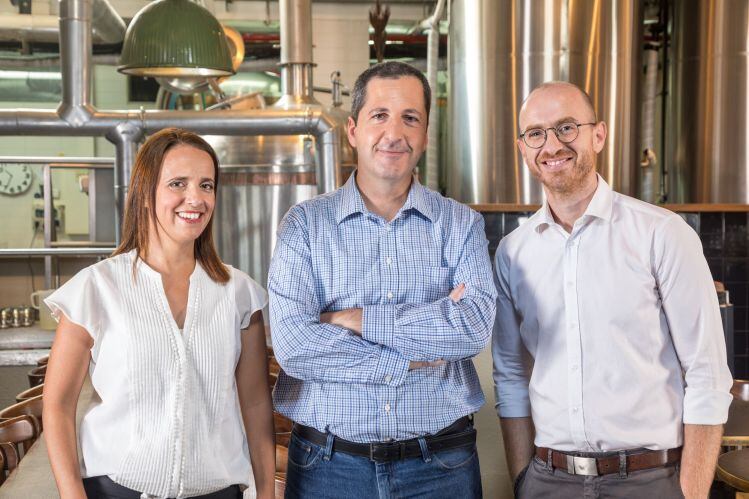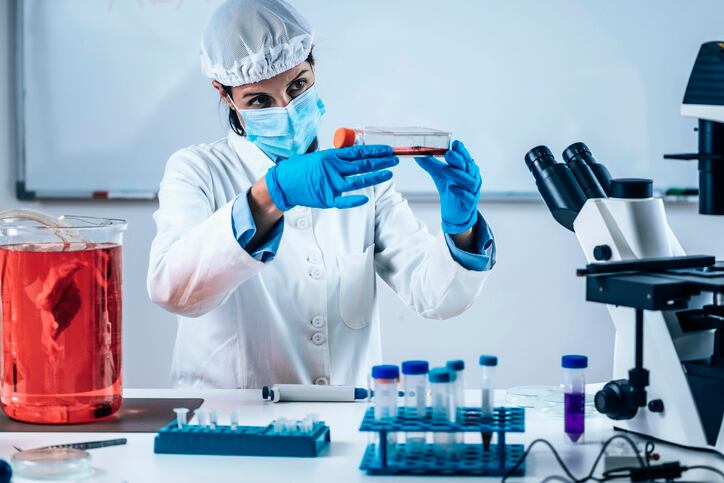The round was co-led by ADM Ventures, the venture investing arm of ADM, with participation from the Menora Mivtachim pension and insurance fund, which manages over $85bn in assets, and S2G Ventures. Other investors included Tyson New Ventures, the venture capital arm of Tyson Foods and Rich Products Ventures, Manta Ray Ventures, Emerald Technology Ventures, ADM Capital (Cibus Fund), Bits x Bites, and the Sander Group.
Future Meat noted how the roster of industry investors represent massive support from key players in North America, Europe, and Asia.
Speaking to FoodNavigator-USA professor Yaakov Nahmias, founder and president of Future Meat, said, "We are going to be the first company to put up a large-scale production facility that will enable us to approach not only Michelin star restaurants but also retail."
Future Meat opened its first cultivated meat production line in Israel earlier this year and is now scouting several locations in the US for its next large scale production facility.
In terms of a concrete timeline, Nahmias said the recent $347m capital injection will allow the company to break ground on the facility in early 2022 and can be fully operational in 18 to 24 months, pending regulatory approval from the FDA for the production and commercial sale of cultivated meat.
"We've been discussing this with the FDA for the last two years, and we're in very advanced stages of discussion... and we hope it will be before the end of 2022," said Nahmias, who noted that opening its production facility in Israel in April 2021 was "the most important step" the company took to demonstrate its operational proof of concept for the production of cultivated meat.
Pricing: 'We can probably halve the cost again'
Aside from figuring out a way to market cultivated meat and settling upon agreed nomenclature (e.g. 'cell-cultured meat', 'lab-grown meat'?), reaching cost parity with animal agriculture is a huge piece of gaining market acceptance for the novel product.
According to Nahmias, the first cultivated beef hamburger cost about $2 million/kg beef (created nearly a decade ago). Then a few companies managed to reduce the price to $40,000/kg, and then down to $8,000/kg around the time Nahmias founded Future Meat three and a half years ago.
"In July [of this year], we were down to $36/kg, now we're $7.70/lb (~$3.49/kg)," said Nahmais, putting it ahead of the company's previously-announced 18-month projected cost reduction timeline announced in May 2021 by the company’s former chief executive Rom Kshuk.
"It’s remarkable, every few months we are halving the cost," said Nahmais.
Nahmais further explained that its significant cost reduction is thanks to Future Meat's media rejuvenation process (which can recycle up to 70% of the nutrients "over and over again") effectively creating "immortal" tissue cells, claimed the company.
"We demonstrated that our proprietary media rejuvenation technology enables cell densities greater than 100 billion cells per liter, translating to production densities 10-times higher than the industrial standard," he said, adding that further cost reduction in the next one to two years is likely.
"We can probably halve the cost again to get it equivalent to animal agriculture before the new plant is operational. We have new technologies that might be able to produce for cheaper yet, but these are still on the horizon."
Chicken first
While the company's cultivated meat technology can be deployed to produce beef, pork, and lamb, Nahmias said that its focus in the US market will be on chicken, the country's most widely-consumed animal protein, according to USDA ERS data.
"While there are some good burger substitutes out there, we don’t feel there is a really good chicken substitute out there," he said.
'The second it’s up, it’s going to change everything'
Nahmias explained that not unlike the Ford Motel T -- which was not the first nor the best automobile of its time, he claimed -- the true transformational breakthrough was in Henry Ford's automated production of the car, which went on to change the world.
"And this is where we’re headed. We’re going to demonstrate the first large scale production facility and the second it’s up, it’s going to change everything," added Nahmias.




